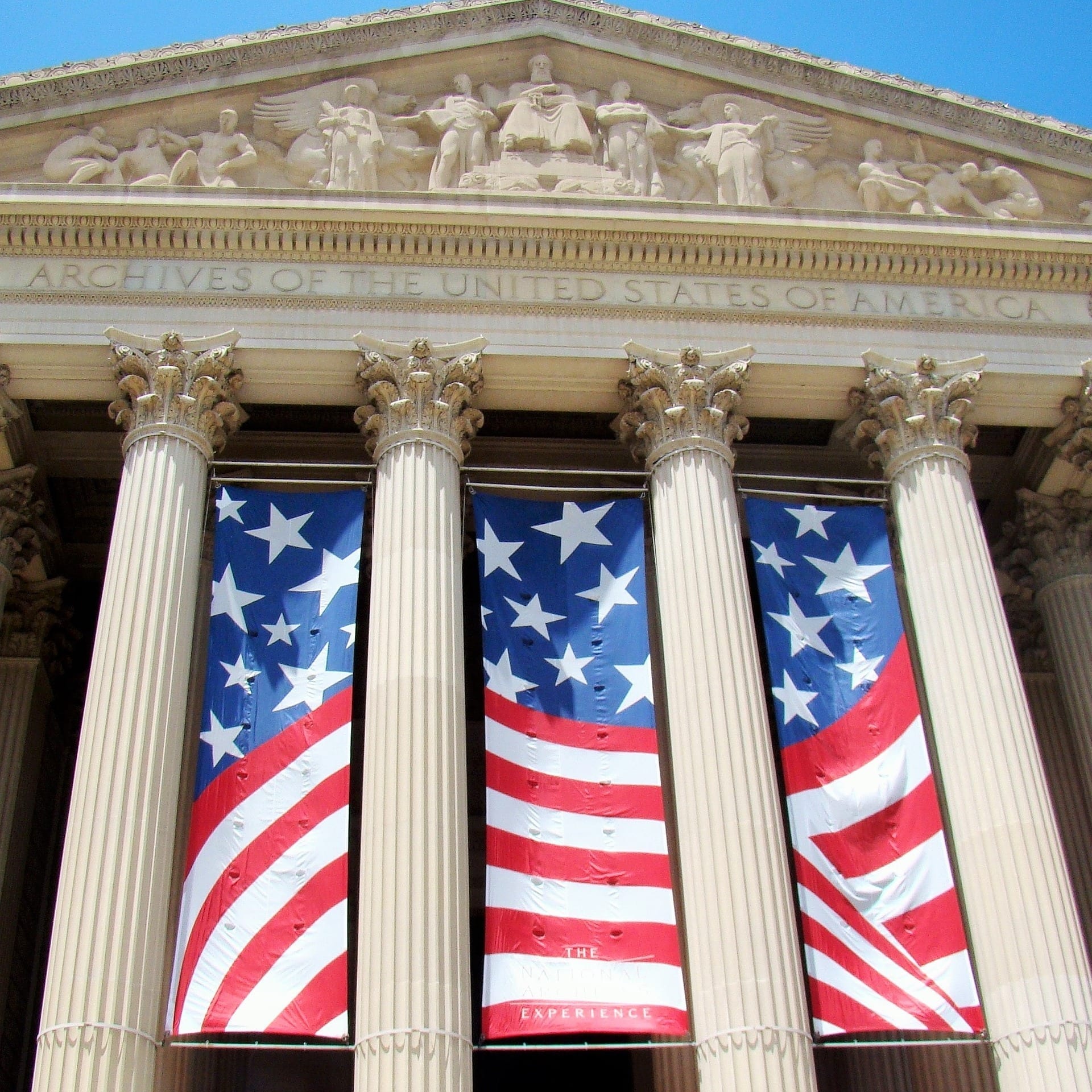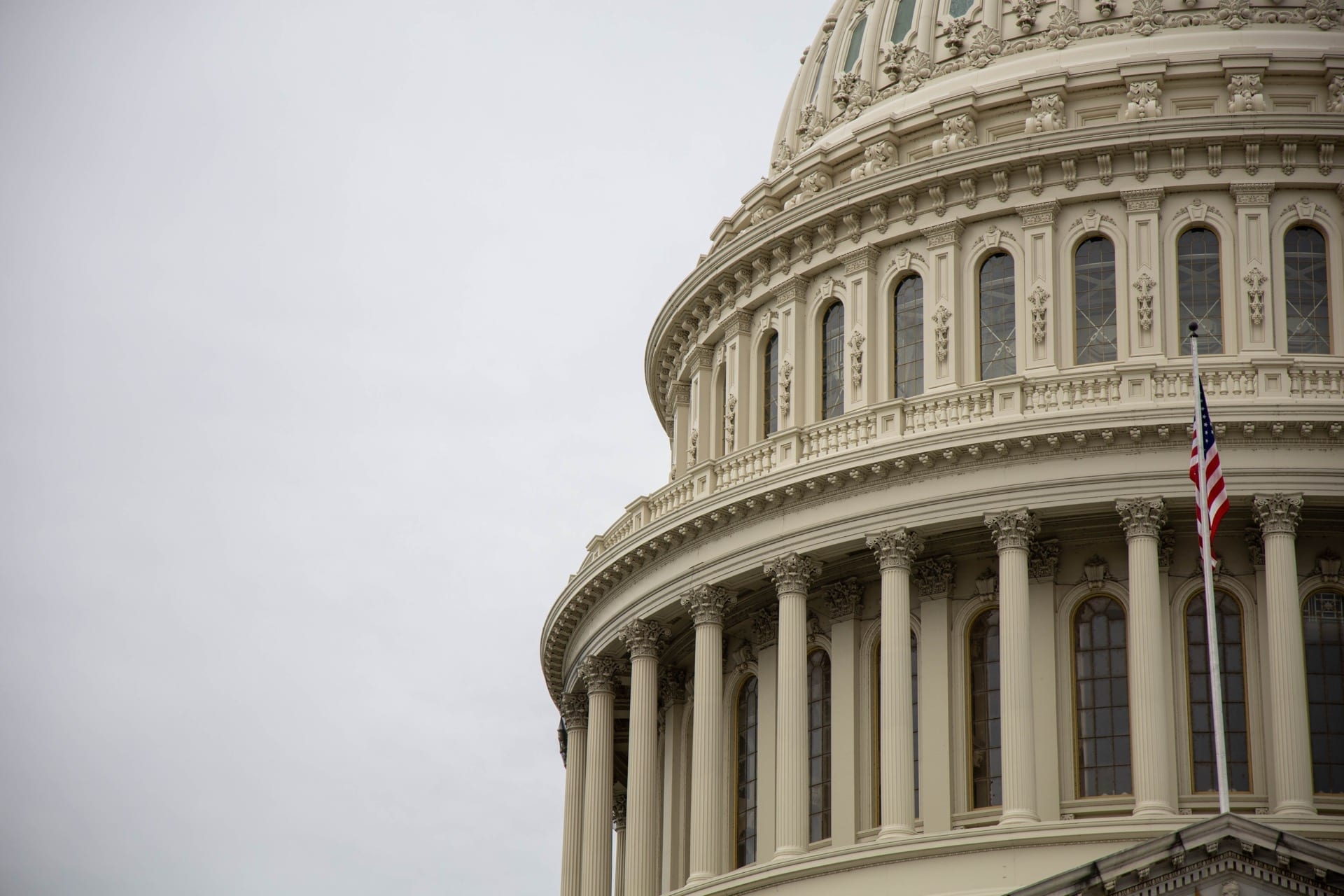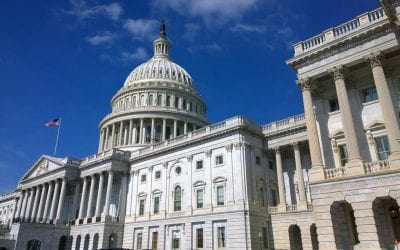The economic outlook could not be darker or more important. Voters’ economic mood and judgments about the leaders and parties on the economy are the main drivers and strongest predictors of the presidential and congressional votes in this survey. And which party is better on the economy is almost all that matters, which is why Democrats need to start winning this argument.
Although voters do not trust either party right now to create jobs, the Republicans are more trusted on the economy, business and big business, and spending and deficits. While the Republican brand and the Tea Party-controlled Republican House continue to tank, Republicans get a serious audience with voters when they talk about spending, deficits, small government and letting small business prosper. Democrats are losing the economic argument because right now voters do not see how increased spending helps the economy and they fear increased debt will prevent the economy from growing. But even with the economy this dark, there is a path for Democrats to get heard, as supported by this latest national survey by Greenberg Quinlan Rosner for Democracy Corps.[1] Democrats will make progress when they wake up every day focused on the issues most central to the struggling middle class. In order to be heard, Democrats must:
- Understand that the main economic issue is the future of the middle class. Voters are intensely and understandably bleak about the future of the middle class, and they trust Democrats more than Republicans to improve the economy on their behalf.
- Underscore what is wrong: those who did the right thing suffering the consequences and those who did not continuing to reap the rewards.
- Stand for strong reform and accountability, centered on breaking the nexus of money and power in Washington and Wall Street.
- Have a clear vision for growth, investment and rebuilding America, that includes helping American businesses succeed.
- Show serious concern with the pervasive debt at the heart of the crisis and commit to a progressive program of reduced personal and public debt, from helping homeowners to achieving long-term deficit reduction.
The Ascendant Economy and Crushed Middle Class
The mood on the economy is as bleak as we have seen it in recent years. Nearly 80 percent give the economy a cool rating, more than half (55 percent) very cool. At the heart of that judgment is not just the immediate economic news but voters’ long-term assessment of middle class survival. By a two-to-one ratio, voters are pessimistic about the future of the middle class. Fewer than a quarter of all voters are optimistic about the future of the middle class, while half give the future of the middle class a cool rating. For all the downward mobility of this crisis, nearly 60 percent of likely voters describe themselves as middle class. A quarter describe themselves as working class and 7 percent as poor. Just 2 percent say they are wealthy – double the 99-1. While America is still predominantly middle class, the number saying they are rich or upper middle class dropped 8 points from a few years ago.[2]
The least optimistic are the union members, white women (married and unmarried), white non-college-educated, and white voters living in rural areas outside the South – those who have been those hardest-hit in this recession. These groups will be pivotal in the next election.
While no groups are particularly optimistic about the state of the middle class, the most optimistic are minorities, college-educated, professionals, and those living in large metropolitan areas – the more cosmopolitan areas of the country.
The Middle Class Crash
The main problem is obviously unemployment, but nearly all of this is linked to what is happening to the middle class (the 99 percent) and the unequal consequences of this on-going economic crisis. While these voters are clearly angry with Washington, they are also angry with the big financial institutions and Wall Street. Almost 60 percent give Wall Street and banks and financial institutions a negative rating. What makes people angry about the economy still are the unequal consequences of the crash. More than eight in ten (85 percent) say it is a serious problem that in the first year of the economic crisis, average workers lost 25 percent of their retirement savings in IRA accounts, while the wealthiest 400 families increased their wealth by 300 billion dollars. More than half (54 percent) say this is a very serious problem. Voters are also angry about the taxpayers footing the bill for the $700 billion bailout of Wall Street banks, while their executives took $18 billion in bonuses. Strikingly, 62 percent say it is a very serious problem. Up until now, the president and the Democrats have not established that they are battling against these forces and developments. Voters are almost evenly divided on whether Obama and the Democrats are more concerned about the middle class or more concerned about bailing out Wall Street. This result is unchanged from a year ago, though it is too early to tell whether recent events have impacted this.
Pervasive Debt
The country faced a financial crisis based on excessive debt and leverage and voters still look at the economy through that lens. Almost all of their top economic concerns focus on debt – mortgage debt, student debt, and national debt. We should not underestimate the importance of their own personal indebtedness and the value of their own homes. Indeed, of their top three concerns, two revolve around home finance. When we ask voters about the effect of underwater mortgages on responsible homeowners, 93 percent say it is a serious problem and 62 percent say it is a very serious problem. But they are also worried about America’s less tangible underwater investments – student debt. A striking 84 percent say that mounting student debt is a serious problem. Because many in the middle class can no longer afford to send their children to college without taking on debt, the cost of this debt has become a serious issue for a broad spectrum of the population. The national debt is part of this and 87 percent rate the national debt as a serious problem (more than half very serious). Faced with such pressures, it is not a great surprise they do not trust government to spend money wisely and they know, many first-hand, what happens to individuals and families when they sink under the weight of debt.
On the key elements of the economy, voters do not give the Democrats an advantage on any of them except fighting for the middle class. But in the regression model, that is not a vote predictor. It does matter who is better on jobs – and there the two parties are evenly matched, though neither scores very high. Voters trust the Republicans on handling the economy (a very strong predictor) and on having the right approach to spending and deficits and to banks and financial institutions. The latter underscores the need for Democrats to get their business message right.
Conservative Traction
Voters are receptive to Republicans when they make statements about big government, spending, ballooning deficits, and regulations on business, which they fear will stymie job growth. A conservative message that says:
After massive spending on a stimulus, ballooning deficits and a spate of new regulations on business, the last thing we should consider is staying with Obama and the congressional Democrats who caused uncertainty, threatened new taxes and imposed vast regulations on business that undermine their ability to create jobs and grow our economy.
beats a Democratic message about regulation, financial excess and the economy. A conservative message about debt, hard work and responsibility scores as well as the Democratic messages below. Conservatives appear here to understand the debt, leverage and irresponsibility that produced the crisis; it goes to the heart of their frustrations with the current economy and fears about the future.
America has succeeded because of hard work and competition, not because we expect government to give us things for free. For too long, Americans have spent money they couldn’t afford, driving up personal and government debt.
There is no reason why conservatives should be the ones who put irresponsibility at the heart of their message. Winning the Economic Argument But there is an emerging power in the progressive economic argument centered on the middle class, 99-1, battling the corrupt nexus of Wall Street and Washington, holding excess to account, taking deficits seriously, and investing for growth. The real power of our economic worldview lies in the focus on the middle class battling for a country where they come first. As powerful as the Republican message centered on responsibility is a Democratic framework that also takes responsibility and excess seriously on behalf of the middle class. Three-quarters agree with a message that says:
The big banks got bailed out but the middle class got left behind. Our economy works for Wall Street CEOs but not for the middle class. America isn’t supposed to only work for the top one percent.
But our best message supported by 81 percent, 57 percent strongly says the economy is “upside down.” Regular people are in recession and work harder and harder for less while CEOs get bigger bonuses yet. This message says:
Our economy is upside down. The majority of America is in a recession, but Wall Street is doing better than ever. Regular people work harder and harder for less and less while Wall Street CEOs enjoy bigger bonuses than ever. If American’s economy isn’t working for the 99 percent, it’s not working.
These messages are very powerful. This is in an environment where Republicans start with a 7-point advantage on the economy. When voters hear the progressive frameworks, however, they test at least as strong, or better, than the best Republican messages. This is important, as voters look at the Democrats and still see bailouts and excess.
Cleaning up Politics and Wall Street
What do voters want to do about this outrage? The top three policies championed by voters all focus on cleaning up politics, Wall Street and holding people accountable. Voters want reform as the first task for the country. The biggest and most intense majority is for cleaning money in politics and limiting corporate campaign contributions, followed by forbidding lobbyists from writing legislation; large majorities strongly favor these initiatives. Finally, more than three-quarters say investigate, prosecute, and punish those on Wall Street who caused the financial collapse.
At the same time, we see in our polls a very large majority for America embarking on a long-term plan for investing in new industries and rebuilding the country. There is also broad support for a long-term plan for dramatically reducing the deficit, though support has fallen off somewhat over the last few months. Investing and building is gaining standing, presumably support for an agenda to “rebuild America.” So, as dark as the current mood is, there is no doubt that voters are ready to listen to progressives who start with the great challenges facing the middle class and then challenge the country.
[1] This memo is based on a national survey of 1000 likely 2012 voters (1000 weighted) from October 15-18, 2011 conducted by Greenberg Quinlan Rosner Research for Democracy Corps. Unless otherwise noted, margin of error= +/- 3.1 percentage points at 95% confidence.[2] “Inside the Middle Class: Bad Times Hit the Good Life.” Pew Research Center, April 9, 2008. http://pewresearch.org/pubs/793/inside-the-middle-class



